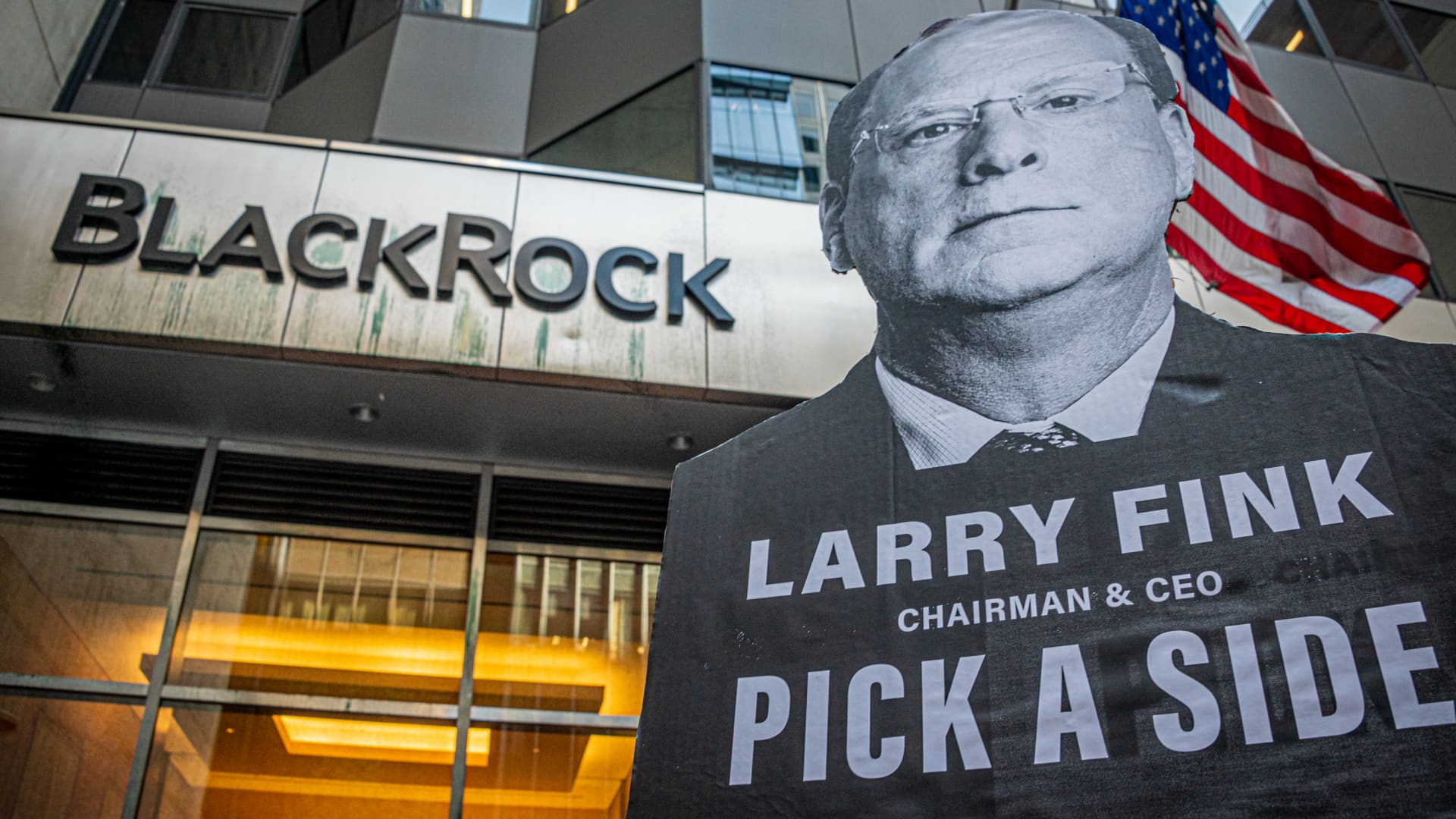Certain parts of "fandoms" certainly are, as evidenced by the counter-example I proffered at which complaints were leveraged for the game having characters that need so much as minor unpacking, and not aggressively and blatantly pushing a predetermined narrative at every available opportunity.That's pretty bizarre then, since nobody is making or asking for late-medieval/Tudor plays.
Well, when certain audiences stop demanding work with the depth and complexity of morality play, I'll consider that.Modern discussion generally focuses on 'morality plays' in the former sense, and never the latter.
Or -- wild idea -- that beloved pop culture works explored those themes with complexity, subtlety, and nuance while inviting audiences to think for themselves.Only the ones pushing the ridiculous notion that media must ignore or bury political/moral themes, or the ahistoric notion that good/old media didn't have them front and centre.
True, but there's an aspect for which you haven't mentioned of particular note for corporations: earned media. Controversy sells, and the (vaguely but not really) left-wing griftosphere and right-wing griftosphere slap-fighting on Youtube and pop culture media outlets amounts to free advertising.Well, I think the problem you've identified is that media isn't made by creatives, it's made by corporations. This has always been true to a large extent, but it has become increasingly obvious. It's just intellectual property, and the point of making media is to increase the value of said intellectual property. The inevitable result is that public relations and brand image end up driving narrative, which clamps down on the possibility of interesting or complex stories.
A pop culture tentpole includes a blink-and-you-miss it same-sex kiss, and that scene generates millions' worth of free advertising when terminally online morons argue over it. Of course, that one little kiss is the only thing so much as hinting at LGBTQ existence in the movie. Meanwhile, that kiss gets quietly and unceremoniously edited out of the movie for showing abroad...and it seems like the only people who take issue with it are the "anti-woke" people for rightly pointing out the hypocrisy in it.
And how many of those are getting full theatrical releases and cherry streaming deals leading to nine figures' revenue?There are still creative people making media, there is still a place for media that is morally and thematically complex, and yet the same "anti-woke" crowd seem to find this deeply objectionable. The Witch is frankly far more complex and subtle in its politics than Alien.
No, I really haven't.I feel like you've misunderstood the criticism.
Well, if you'd like me to point it out...How does the game actually convey any of the references you mentioned outside of pure aesthetics? What criticism is it making of extreme right-wing beliefs?
The game's a whistlestop tour of post-Cold War, but particularly post-Reagan, right-wing extremism. It highlights the linkages and connectivity between cults, white nationalism, survivalism, sovereign citizenship, fundamentalist Christianity, and the military, particularly that of the '90s when those individual groups had a staggering degree of overlap and peaked in the period between Ruby Ridge and the Justus Township standoff (with Waco and OKC occurring in the middle).
Placing stand-ins for David Koresh, Timothy McVeigh, Charles Manson, and Fred Phelps in the same faction, whose headquarters is a digital mock-up of Hayden Lake, communicates the groups and phenomena for which they're associated are all interconnected and synergize with one another. They are all in one way or another -- fundamentalist eschatological Christianity, right-wing extremist militarism, white nationalism and Christian identity, even fundamentalist grift and vexatious litigation -- cults, and they're all connected through conservative Christianity and white supremacy.
These cults and sentiment predated the sovereign citizen and militia movements; Manson was a sign of things to come for his unique blending of white nationalism and eschatology. Shenanigans like Phelps' are how these cults got so much land in the '80s and '90s. Ruby Ridge was the shot across the bow for these cults, that the feds were finally coming for them, and that in turn provoked them to fortify and mobilize. Waco was the catalyst, and OKC the retaliation for Waco. And through them all, The Turner Diaries was a seminal text, if not considered outright sacred in its own way.
And, last but not least, after the downfall of Justus Township...ghost skinning. Lest we think parallels end with the Seed family, or with aesthetics. The player character themselves is indoctrinated to act as a sleeper agent for the cult, mirroring the aforementioned phenomena of white supremacist infiltration of law enforcement and the military, to radicalize LEO's and service men and women.
In other words, it's making the argument right-wing extremism itself is a death cult.
I think you should ask yourself whether or not it has to. Or, whether it needs to. The game said all that needed to be said, it's up to the audience to form their own opinions of it. Because that's how respecting the intelligence of one's intended audience works.That's not a clever or interesting point, it's not worthy of the seriousness of the topics the game makes an occasional effort to aesthetically reference. If the choice is between preaching and saying nothing, then I'll still take preachy any day.
It's not Ubisoft's fault that people who think they're experts on right-wing extremism can't identify an expy of Timothy McVeigh -- the most infamous right-wing extremist of the 20th Century -- when they see one. This is like calling yourself an expert on basketball, working the sports beat writing about basketball for a news outlet, and expecting to be taken seriously on the topic of basketball, but not knowing who Michael Jordan is.
Last edited:





